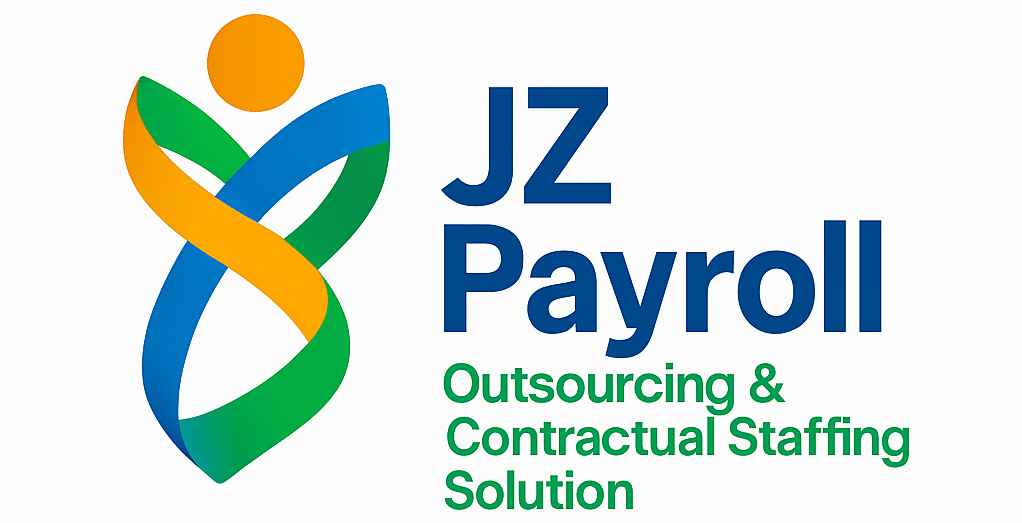Complete Payroll Compliance Checklist for HR Managers in India 2025-26
Your comprehensive guide to statutory payroll compliance, best practices, and audit readiness
Table of Contents
- 1. Introduction to Payroll Compliance in India
- 2. Monthly Payroll Compliance Checklist
- 3. Statutory Requirements and Obligations
- 4. Employee Classification Best Practices
- 5. Step-by-Step Payroll Audit Checklist
- 6. Compliance Cost ROI Calculator
- 7. Case Study: Successful Compliance Implementation
- 8. Frequently Asked Questions
- 9. Conclusion and Next Steps
Introduction to Payroll Compliance in India
Managing payroll compliance in India requires a deep understanding of complex statutory requirements that vary across states and employee categories. With over 40 labor laws affecting payroll processing, HR managers must maintain meticulous attention to detail to avoid penalties and ensure employee satisfaction.
This comprehensive guide covers all essential aspects of payroll compliance for companies operating in India, whether you’re a domestic organization or an international company entering the Indian market. Our expertise at JZ Payroll Outsourcing & Contract Staffing comes from over 15 years of successfully managing payroll compliance across various industries and locations.
For companies looking to understand advanced payroll processing techniques, refer to our detailed guide on AI/ML payroll processing and our insights on data security in payroll outsourcing.
Monthly Payroll Compliance Checklist for HR 2025-26
Pre-Payroll Processing (1st-5th of every month)
Payroll Processing (6th-15th of every month)
Post-Payroll Activities (16th-30th of every month)
Statutory Requirements and PF-ESI Obligations
| Statutory Component | Applicability | Rate | Due Date | Penalty for Default |
|---|---|---|---|---|
| Provident Fund (PF) | Companies with 20+ employees | 24% (12% each) | 15th of following month | 12% p.a. interest + ₹25,000 fine |
| Employee State Insurance (ESI) | Companies with 10+ employees | 4% (0.75% + 3.25%) | 21st of following month | 12% p.a. interest + prosecution |
| Tax Deduction at Source (TDS) | All salaried employees | As per IT Act slabs | 7th of following month | 1% p.m. interest + penalty |
| Professional Tax (PT) | State-specific | ₹150-₹2,500/month | State-specific dates | ₹1,000-₹10,000 + interest |
| Labour Welfare Fund | Applicable states only | ₹6-₹20 per employee | Quarterly/Half-yearly | ₹500-₹5,000 + interest |
Tax Withholding and Reporting Requirements
Form 16 Generation: Mandatory for all employees by June 15th annually, including detailed salary breakup and tax computations.
TDS Return Filing: Quarterly returns (Form 24Q) must be filed by specified due dates with complete employee details and certificate numbers.
Reconciliation Requirements: Monthly reconciliation of TDS payments with Form 26AS to ensure accurate compliance.
Employee Classification Best Practices for Payroll Compliance
Permanent Employees vs Contract Staff
Proper employee classification is crucial for statutory compliance and cost optimization. Misclassification can lead to retrospective compliance demands and significant penalties.
| Classification Type | PF Applicability | ESI Applicability | Gratuity | Bonus | Leave Encashment |
|---|---|---|---|---|---|
| Permanent Employee | Yes (if salary ≤ ₹15,000) | Yes (if salary ≤ ₹21,000) | Yes (after 5 years) | Yes (if salary ≤ ₹21,000) | As per policy |
| Contract Employee | Yes (through contractor) | Yes (through contractor) | Through contractor | Through contractor | As per contract terms |
| Consultant/Freelancer | No | No | No | No | Not applicable |
Salary Structure Verification for Statutory Rules
Optimizing salary structure while maintaining statutory compliance requires careful balance of various components:
Step-by-Step Payroll Audit Checklist for Human Resources
Recordkeeping for Payroll Compliance Audits
Maintaining accurate records is essential for successful payroll audits and compliance verification. Here’s your comprehensive audit preparation checklist:
Documentation Requirements
Payroll Processing Timelines and Accuracy
Labor Law Updates Affecting Payroll
Compliance Cost ROI Calculator
Calculate Your Payroll Compliance Investment Returns
Understanding the financial impact of proper payroll compliance helps justify investment in professional services or internal capabilities.
Case Study: Successful Compliance Implementation
Client: Mid-Size IT Services Company (250 Employees)
Challenge:
A Gurgaon-based IT services company was facing multiple compliance issues including delayed statutory payments, incorrect PF calculations, and incomplete employee documentation. They received penalty notices totaling ₹8.5 lakhs from various authorities.
Solution Implemented by JZ Payroll Outsourcing:
- Comprehensive payroll audit and gap analysis
- Implementation of automated compliance tracking system
- Employee classification restructuring for optimal statutory benefits
- Monthly compliance calendar with automated reminders
- Complete documentation overhaul and digital record management
Results Achieved:
| Metric | Before | After | Improvement |
|---|---|---|---|
| Compliance Score | 45% | 98% | +53% |
| Processing Time | 15 days | 5 days | -67% |
| Penalty Costs | ₹8.5 lakhs | ₹0 | -100% |
| Employee Satisfaction | 6.2/10 | 8.7/10 | +40% |
ROI: The client saved ₹12.3 lakhs annually through penalty avoidance, improved efficiency, and optimized statutory contributions.
Client Testimonial
“Working with JZ Payroll Outsourcing transformed our payroll operations completely. Their systematic approach to compliance and deep understanding of Indian labor laws helped us achieve 100% compliance within 6 months. The peace of mind knowing our payroll is handled by experts is invaluable.”
– Rajesh Kumar, HR Director, TechInnovate Solutions Pvt. Ltd.
Frequently Asked Questions
Q1: What are the key differences in payroll compliance for different states in India?
Each state has specific Professional Tax rates, Labour Welfare Fund requirements, and shop & establishment act provisions. For example, Maharashtra has different PT slabs compared to Delhi, and states like Tamil Nadu have mandatory Labour Welfare Fund contributions while others don’t. Our team
